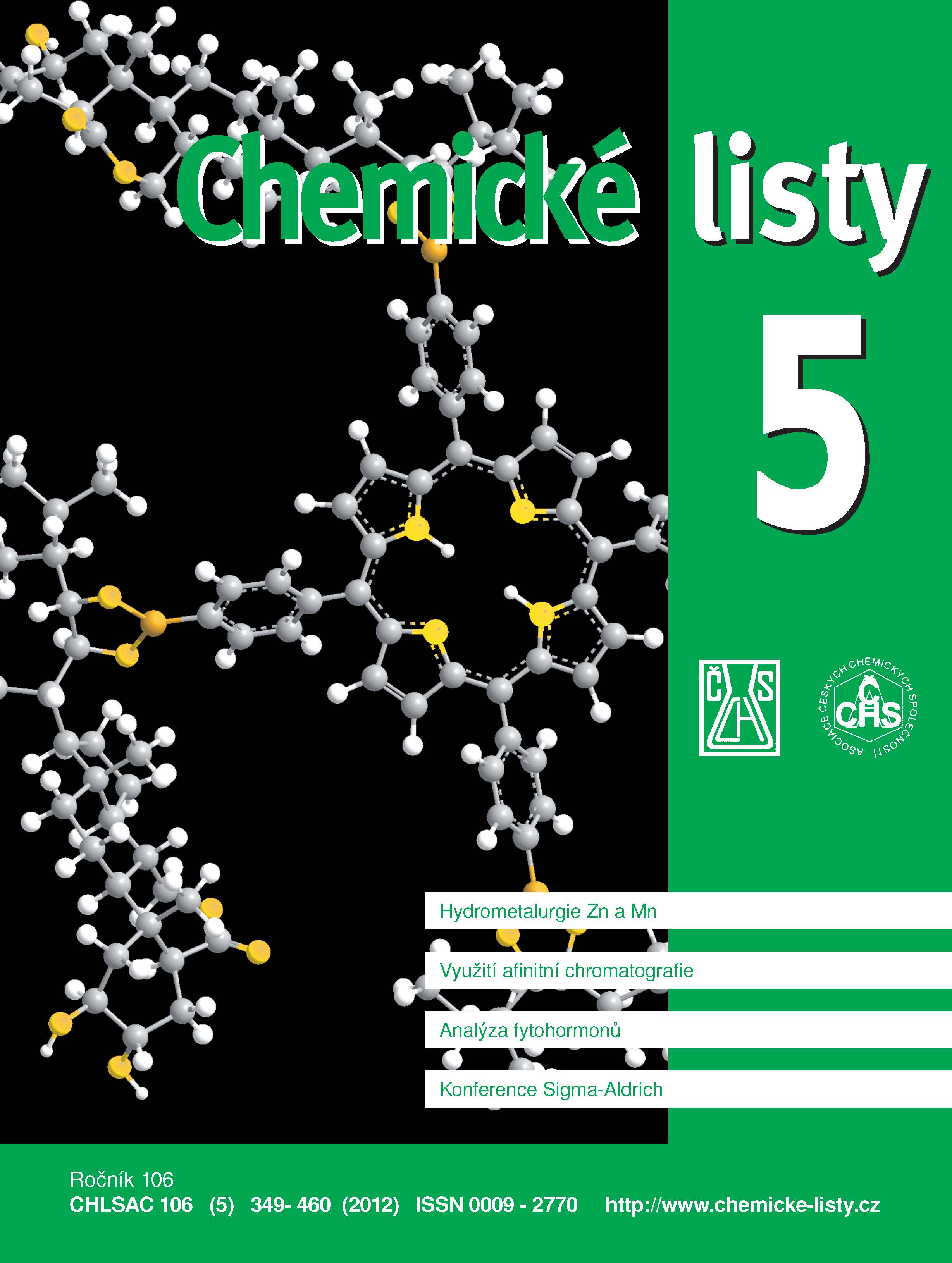Charakteristika a potenciál využití antimikrobiálních proteinů a peptidů bramboru (Solanum tuberosum L.)
Klíčová slova:
antimikrobiální proteiny, Solanum tuberosum L., inhibitory proteas, patatin, bramborové defensinyAbstrakt
The review is focused on antimicrobial proteins and peptides isolated from cultivated potatoes (Solanum tuberosum L.). The heterogenous group of specific proteins can be divided into four classes. The first is formed by patatin proteins which inhibit zoospore germination of the potato key pathogen Phytophtora infestans. The second class involves protease inhibitors mainly of the Kunitz type, which exhibit a wide range of antifungal and antibacterial activities. The third class contains potato defensins, small cysteine-rich peptides that are active against pathogens such as Pseudomonas solanacearum, Clavibacter michiganensis subsp. sepedonicus and Pseudomonas syringe pv. syringe. The fourth class includes the antibacterial proteins that could not be classified into any of the mentioned classes. The AP1 protein isolated from potato leaves or perspective aspartic proteases isolated from both potato tubers and leaves belong to this class. The application potentials of potato antimicrobial proteins and peptides are utilized in agricultural biotechnologies for creating resistant GMO genotypes of cultivated crops.





